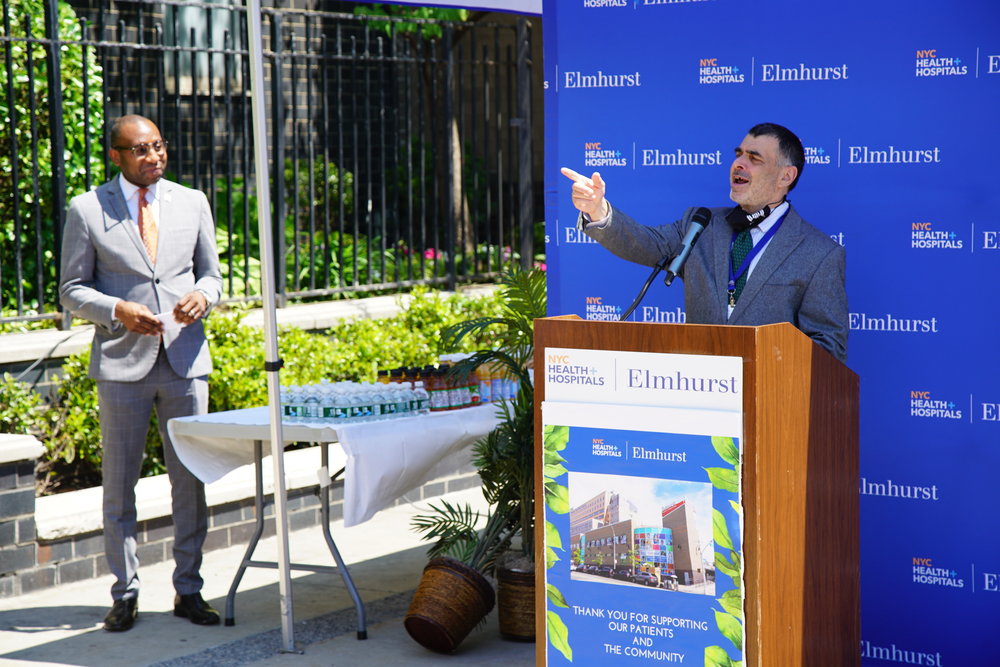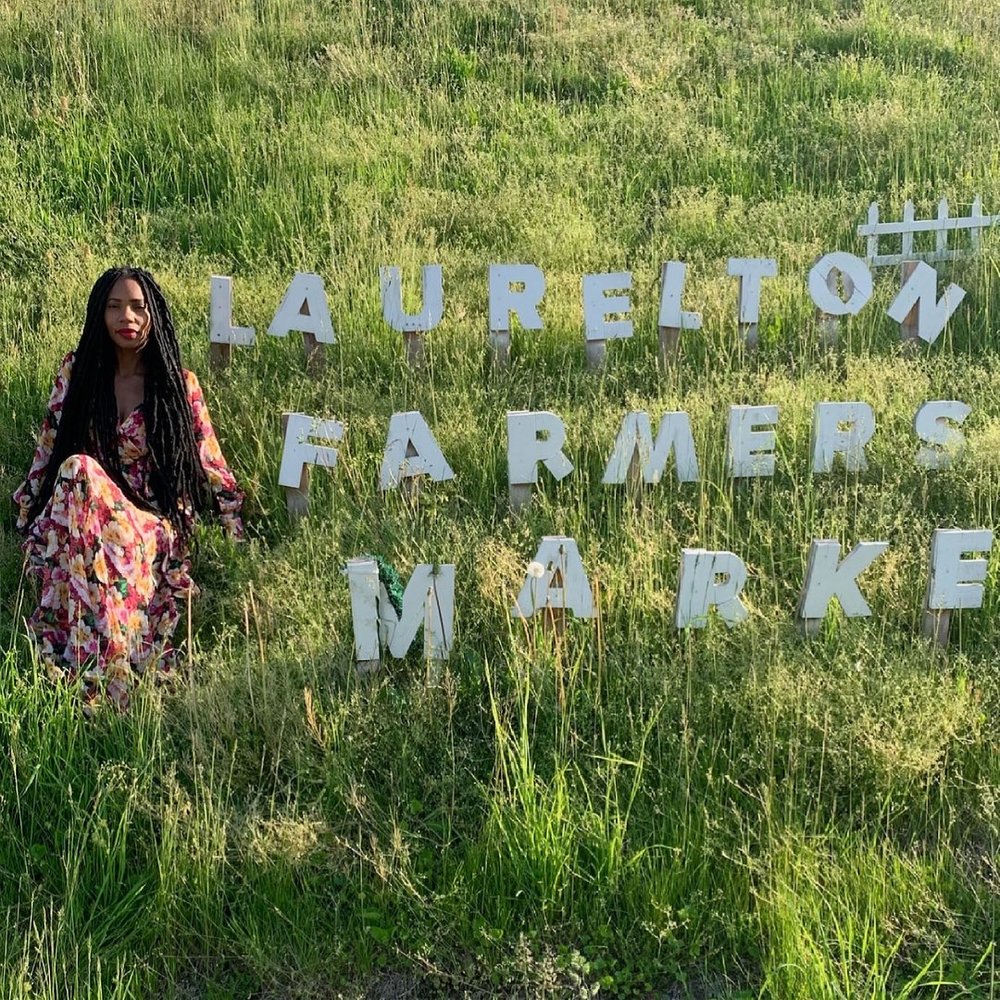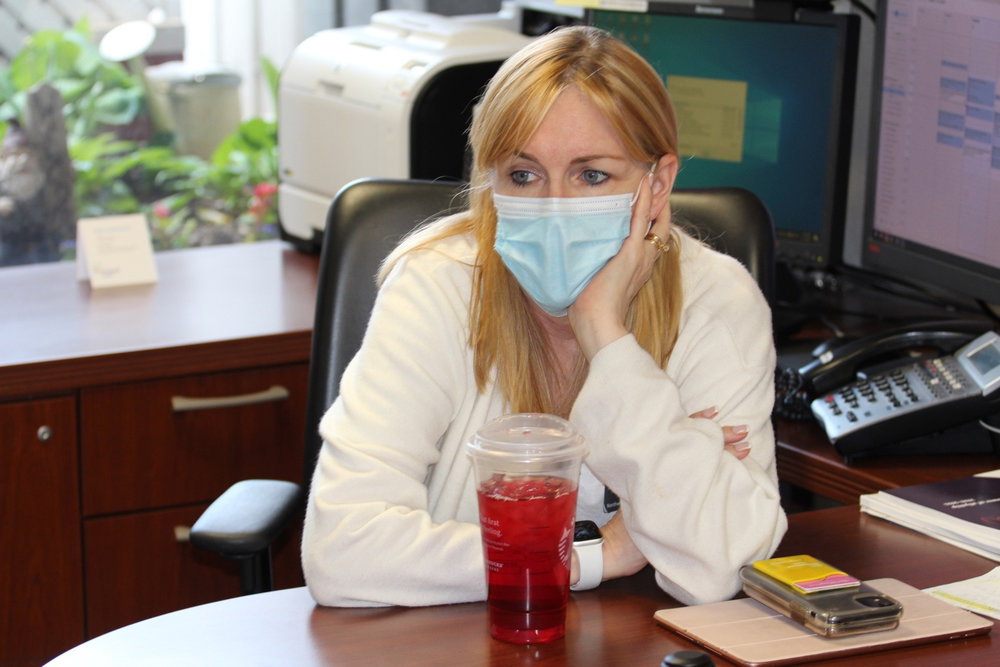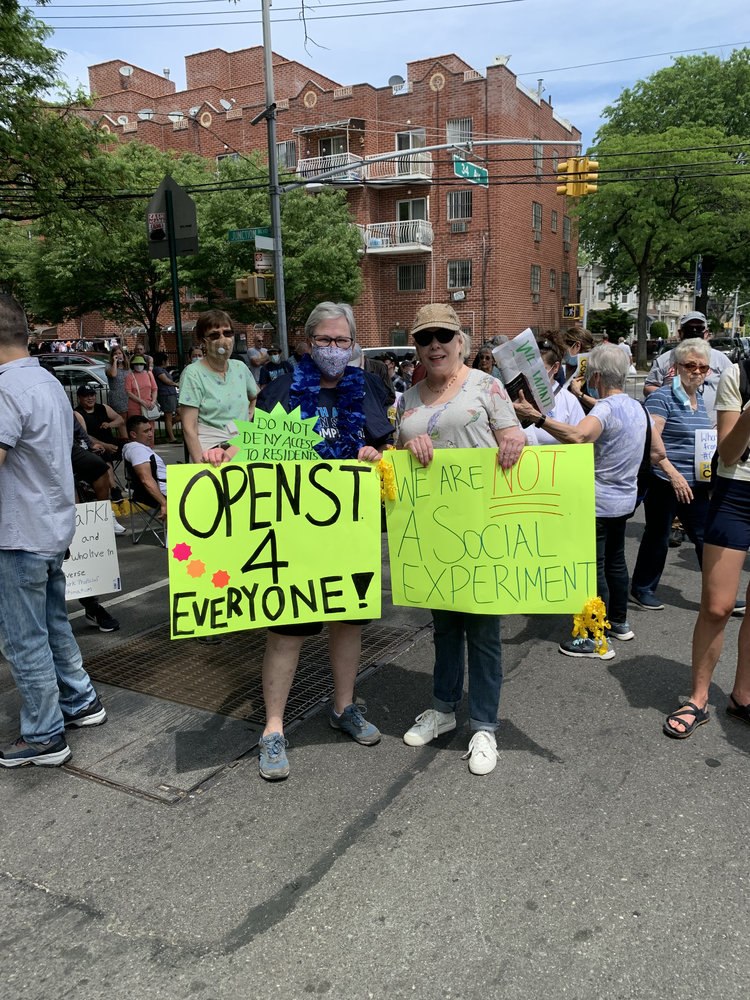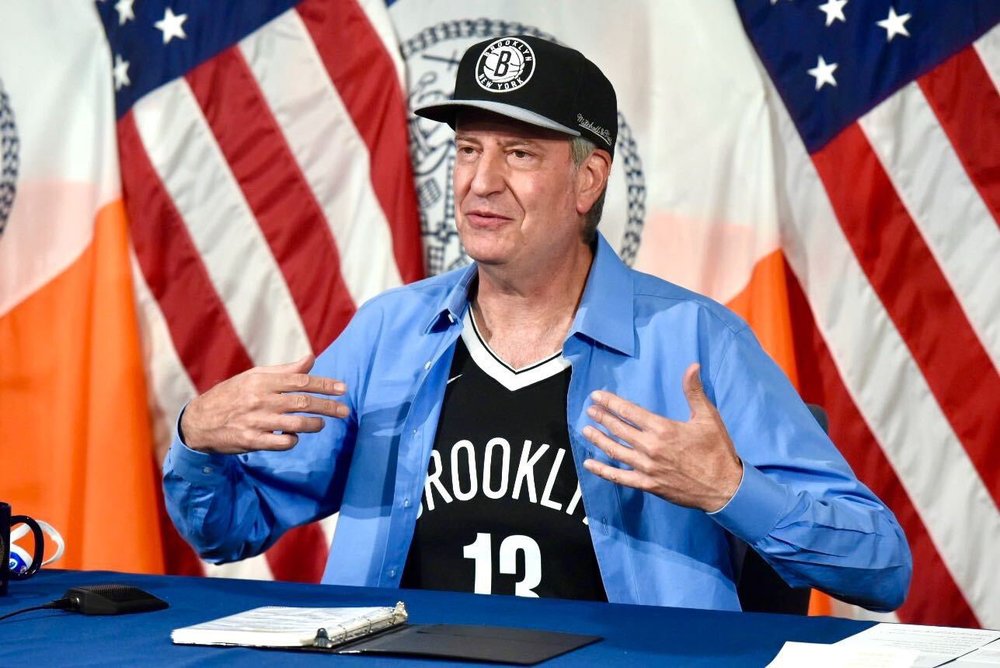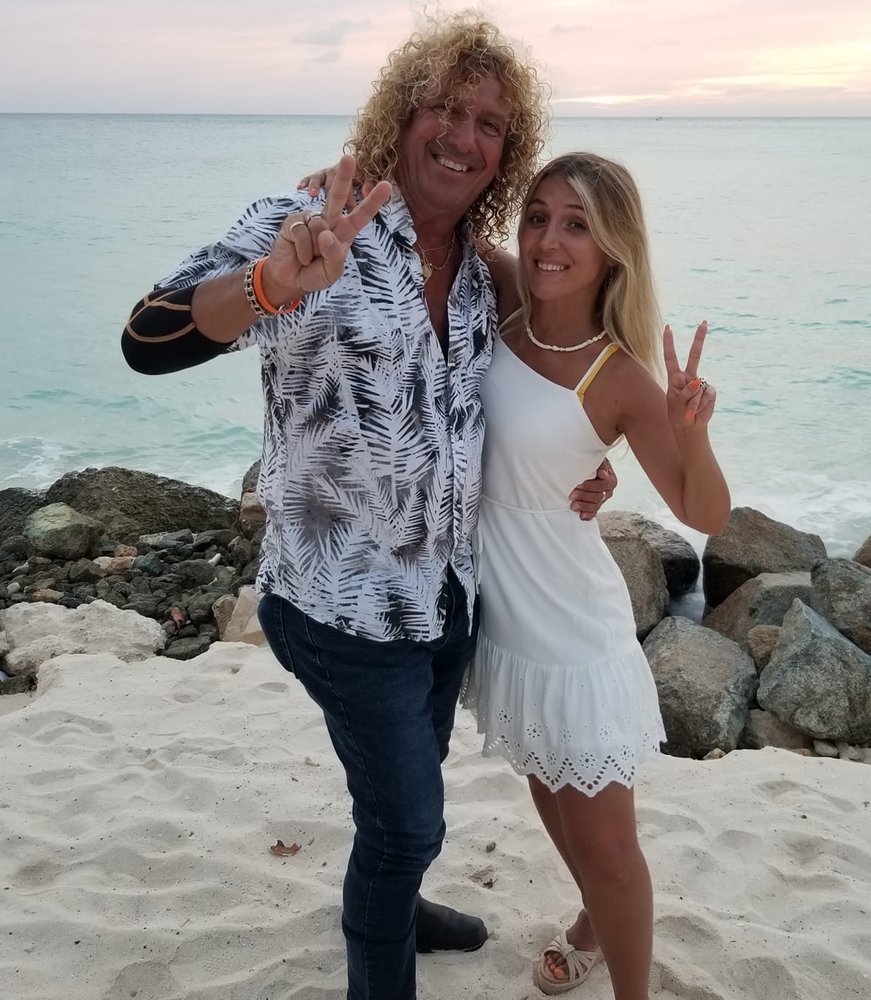Beep announces new Elmhurst Hospital funding
Borough President Donovan Richards last week announced two multi-million dollar allocations for new projects at Elmhurst Hospital. The event also served as a celebration of the borough’s healthcare workers who have spent over a year on the frontline fighting the pandemic.
“A year ago, Elmhurst Hospital was the epicenter of the epicenter of the world’s worst public health crisis in a century,” Richards said before a crowd of doctors, nurses, and other hospital staff. “The staff here at Elmhurst Hospital were working double and triple shifts to fight a virus we knew nothing about. They handled the unprecedented crisis with true grace and kindness.”
“The best thing you can do to support health and hospitals is to hire the best people and support the best people,” added Mitchell Katz, president and CEO of NYC Health + Hospitals
The funding will be used to build a new Pediatric Intensive Care Unit at Elmhurst Hospital. The facility will be the first of its kind in Queens and will serve children in need of immediate medical attention.
Additionally, the investment will support the conversion of two undersized operating rooms into full-service operating rooms.
“We have secured more than $5 million for projects at Elmhurst Hospital that will expand access to critical care for thousands of families,” Richards said.
He also stressed the need for a more centralized medical center for Queens.
“No family in Far Rockaway or Long Island City should have to travel more than 30 minutes by car or 90 minutes by public transportation to get the care that they need,” he said.
“Over the course of the last year we have been clapping for our healthcare heroes,” said Richards, “but one of the commitments I made when I was elected Borough President was that I would not simply clap for you but that we were gonna put our money where our mouth is.”
Richards also celebrated the over one-million people who have been vaccinated in Queens, a figure that leads all other counties in New York State.
Other elected officials, including State Senator Jessica Ramos, Councilman Fancisco Moya, and Assemblywoman Catalina Cruz also spoke at the event.
“I know that as the years continue and as you continue to be reelected, which I know we aren’t here to talk about but I just got to plug that in, I know that your commitment will always be with the people,” said Cruz, “the people that need it.”
Richards is facing a primary battle against Councilman Jimmy Van Bramer and former councilwoman Elizabeth Crowley next month. He took office last year after winning a special election to fill the seat.
Councilman Danny Dromm, who chairs the Finance Committee, stated his intention to direct more money to Elmhurst Hospital in the finalized $90 billion budget proposal.
“It doesn’t matter if your documented or undocumented, rich or poor, when you come to Elmhurst Hospital you get the service that you need,” he said.




